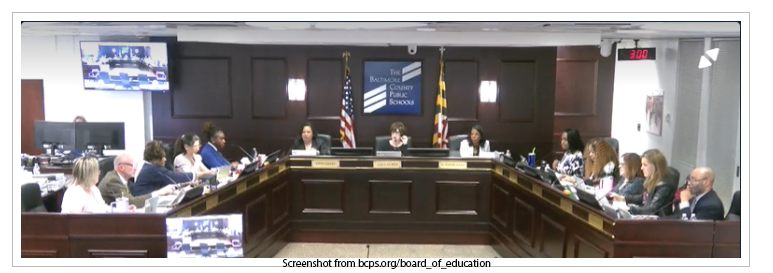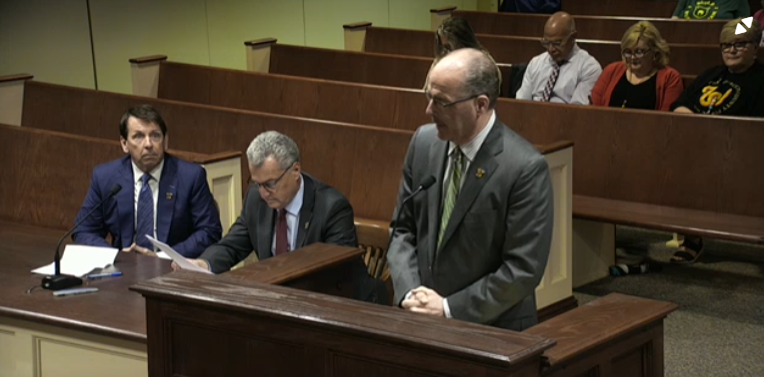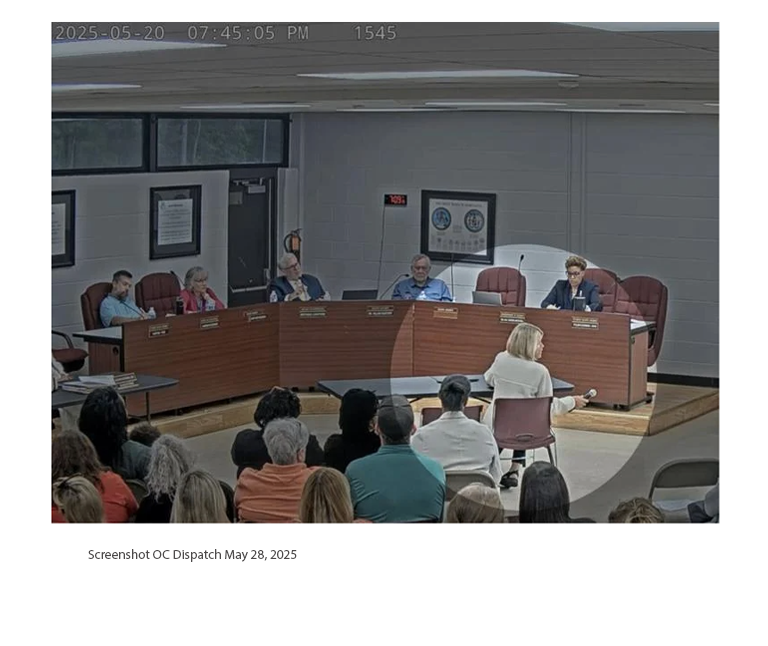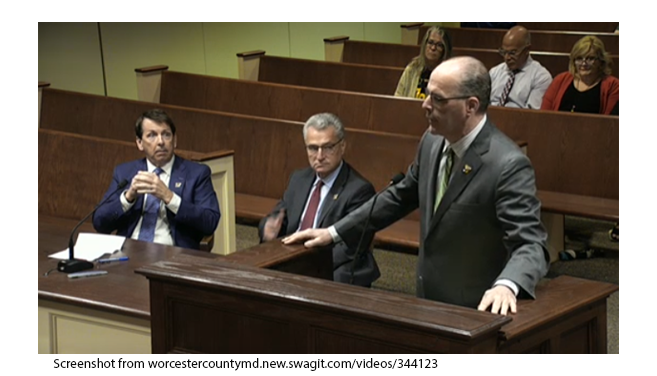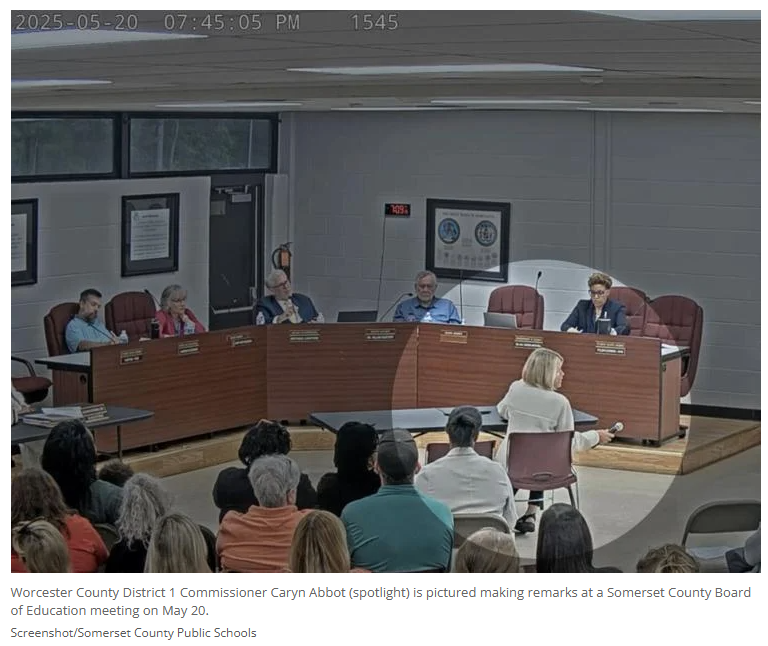
Students Suspended in School May Vote Less as Adults
Suspending students from school for misbehavior can make it more likely that they disengage, not just from school but perhaps also from civic life as adults.
A new study presented here at the Society for Research on Educational Effectiveness meeting finds that students suspended once or twice in high school were more than 16 percent less likely to vote regularly as adults than those who did not experience exclusionary discipline; those suspended more often were more than 25 percent less likely to vote regularly.
“Schools shape students’ attitudes about civic engagement, students’ concern for the common good, their understanding of whether civic institutions are fair and just, and their belief in whether it is possible to change systems for the better,” said Karishma Furtado, an equity scholar at the Urban Institute and co-author of the study, who spoke at SREE on Saturday.
The vast majority of young adults don’t vote. In the 2022 midterm elections, for example, turnout among those ages 18-29 ranged from as high as 39 percent in Michigan to only 13 percent in Tennessee, according to data from the Center for Information and Research on Civic Learning and Engagement, or CIRCLE.
Recent state efforts in civics education have focused on requiring students to pass civics tests in high school, a strategy shown to have done little to increase voting among the youngest voters.
The new study presented at SREE suggests that developing more inclusive approaches to managing student behavior may help more students buy into school and civic engagement in the long term.
Furtado and her colleagues analyzed a decade of data from more than 15,300 high school students nationwide. They tracked how often students were suspended in 10th grade as well as the ways schools used less exclusionary ways to improve students’ behavior, such as fostering strong relationships with teachers and ensuring school rules were clear and fair.
Researchers then compared suspensions and social control discipline practices to the students’ adult voting patterns. They only looked at elections in which the student was eligible to vote, to control for the fact that students who are suspended in school also tend to be at higher risk of entering the criminal justice system, which can lead to its own voting restrictions.
For example, in 2017-18, Black students made up just over 15 percent of public school enrollment, but more than 31 percent of students receiving at least one in-school suspension, and more than 34 percent of those experiencing at least one out-of-school suspension. Woods found Black students who had been suspended once or twice were 26 percent less likely to vote regularly than their non-Black peers who had not experienced exclusionary discipline. Black students who experienced more than two suspensions were a third less likely to vote than their peers. The researchers did not explore other racial voting patterns in the study.
By contrast, students who attended schools with more formal and informal social control discipline, from electronic security to tight teacher-student relationships, were slightly more likely to vote regularly as adults.
In addition to keeping students in the classroom, schools can nurture civic enthusiasm among future voters, studies find by doing the following:
- Engage students in civic discussions, not just about current issues, but practical considerations like why their votes matter.
- Help new voters register. Most states allow or require schools to help their students register to vote, but studies find many schools overlook it.
- Provide class flexibility for students who can vote to do so. CIRCLE found that 52 percent of young voters reported their school or work schedules were a barrier to voting.
Dig Deeper With Our Longreads
Newsletter Sign up to get our best longform features, investigations, and thought-provoking essays, in your inbox every Sunday.
The MEN was founded by John Huber in the fall of 2020. It was founded to provide a platform for expert opinion and commentary on current issues that directly or indirectly affect education. All opinions are valued and accepted providing they are expressed in a professional manner. The Maryland Education Network consists of Blogs, Videos, and other interaction among the K-12 community.


